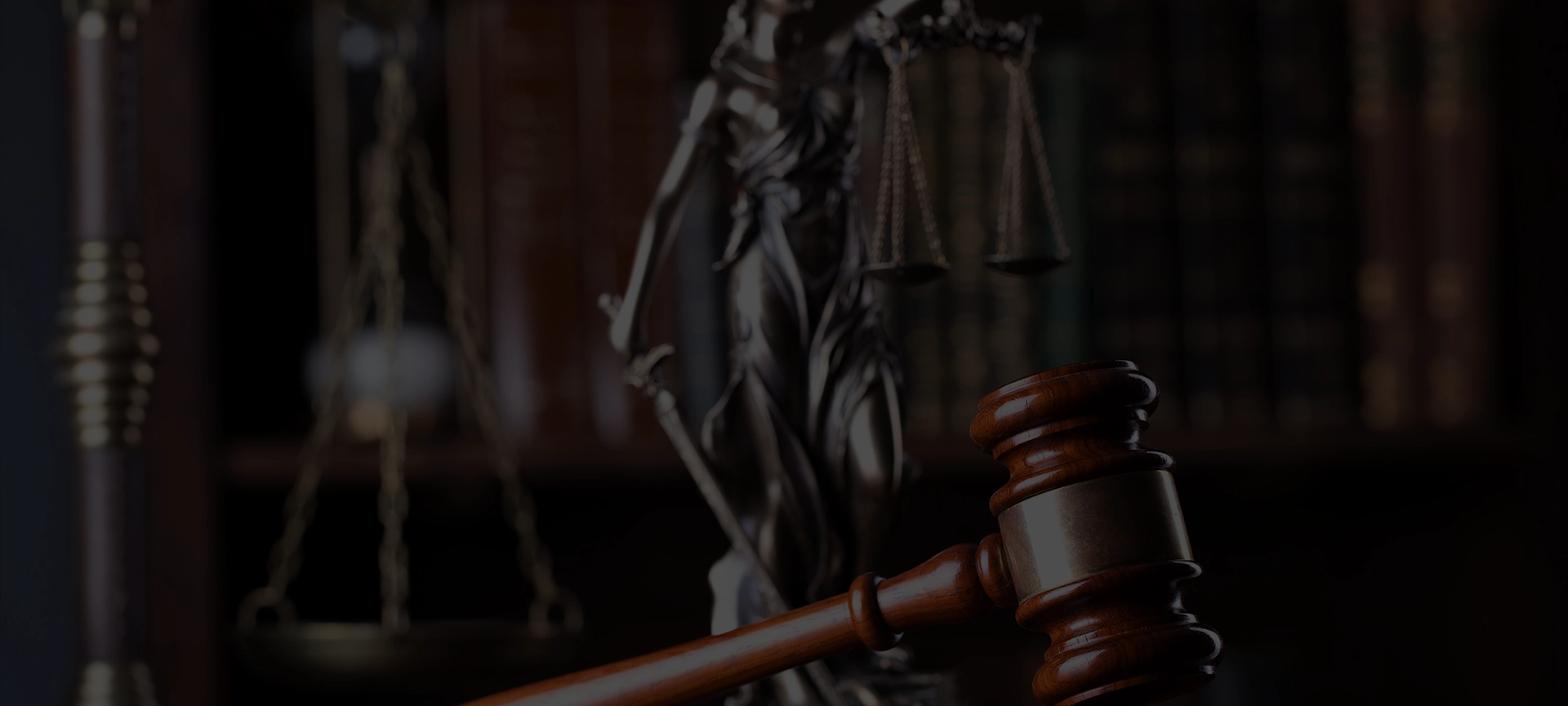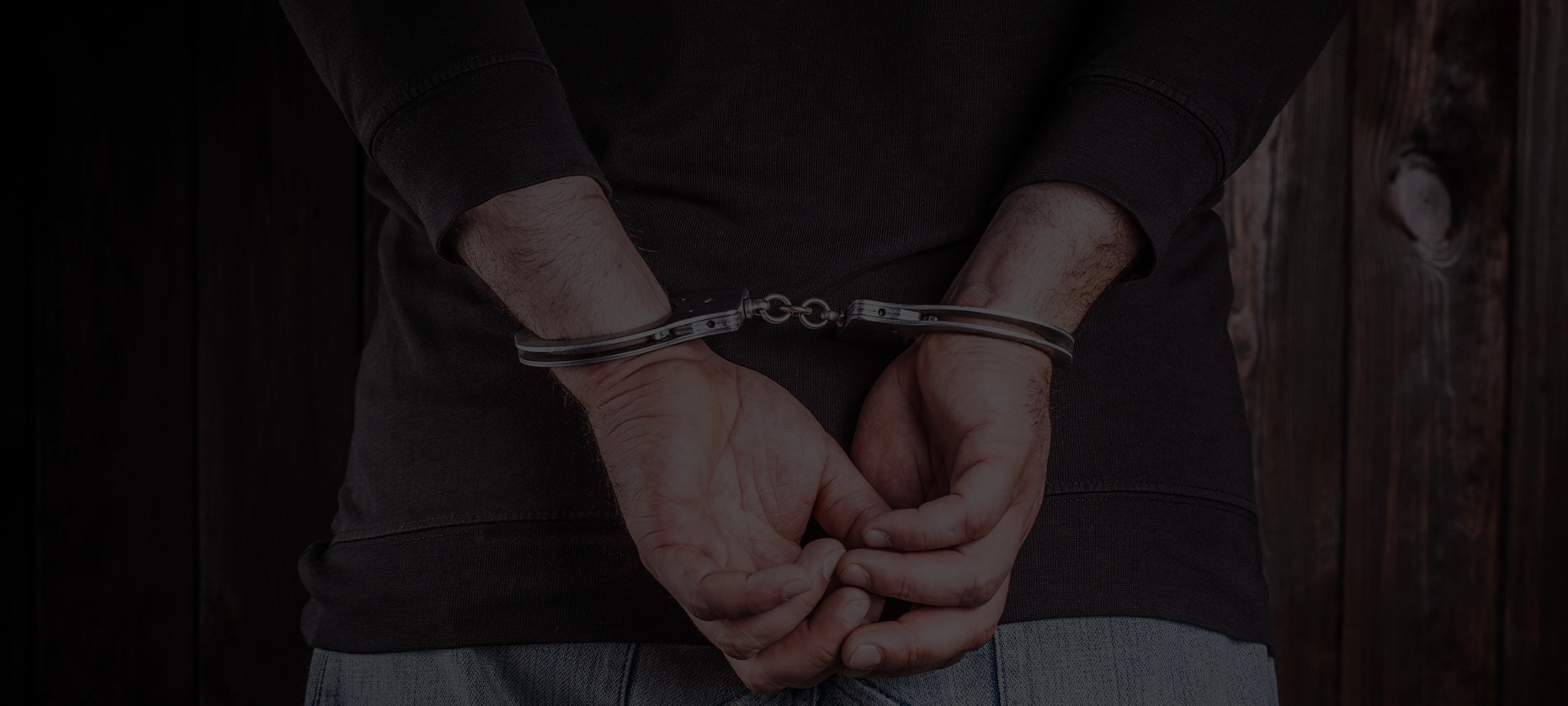As a resident of Ottawa, you can appeal a court decision based on the grounds determined by Ontario law. You can appeal against any criminal sentence and conviction, including probation sentences, separately or jointly.
However, due to the complexity of the appeal process in Ontario, you’ll find that even determining whether you can appeal can be challenging. Here we’ll discusses the common grounds for criminal appeal in Ottawa, giving you a clear insight into when and why you can appeal a court decision.
Grounds for Appeal
There are several common grounds for criminal appeals in Ottawa. Below are the most common reasons you can appeal following your trial:
Factual Errors
One of the most frequently used grounds for appeal is when the defendant believes that the court has made a factual error when forming its decision. For example, if you think the court decision has been made with insufficient evidence or unreliable witness testimony, you can appeal the court decision.
Legal Errors
Besides facts, you can also appeal based on possible legal errors. For instance, if you believe that your conviction was the result of a misapplication or misinterpretation of a particular law, you can file a notice of appeal.
Procedural Errors
You can also appeal your conviction if you believe procedural errors occurred during the trial. For example, if there is reason to think the courts haven’t followed the correct trial procedures or improperly admitted evidence, you can appeal on the grounds of procedural issues.
Sentence Appeals
Another common ground for appeal is believing the sentence received by the accused is too severe, and the defence argues for reducing it. Some examples of appeal on the grounds of sentence appeal include the sentence being disproportionate in size to the crime or errors in calculating the severity or the appropriateness of the sentence in the given circumstances.
Special Grounds of Appeal
Besides the reasons listed above, there are also a few special grounds for appeal, applying in unique circumstances. For example, if fresh evidence resurfaces in your case after the conviction and sentencing, you may use it as grounds for appeal.
Under normal circumstances, the appeal judge will only examine the evidence presented during the original trial. However, if there is groundbreaking fresh evidence, the appeal judge might allow it to be introduced during the appeals process.
Keep in mind that this evidence must appear in the Notice of Appeal, the official notification sent to the prosecutor and the appeal court. When intruding on fresh evidence, you (or your legal aid or attorney) will have to explain what it is, how it will affect the outcome of your criminal case and whether it was available during the original trial.
If the evidence was available during your trial, you’ll also have to account for why it wasn’t introduced at that time. The evidence must be available at the appeal hearing. Otherwise, your grounds for appeal will be dismissed.
Another special ground for appeal is if you feel that you haven’t been represented fairly by a legal representative during the criminal trial. Besides notifying the lawyer or paralegal about your intention to appeal (so they can respond), you also must note this in your Notice of Appeal.
This is so the prosecutor and the court office will be aware of it as well. Just as in the previous special grounds case, if you plan to appeal on these grounds, you must notify the relevant bodies well before your hearing.

Appeal Process
Whichever grounds you feel apply to your criminal appeal, you must file it by sending an official Notice of Appeal to the courts and the prosecutor. You’ll have a limited timeframe to do this after your conviction or sentencing.
Once you file your appeal, you must also prepare the appeal book by including all the relevant information you feel will help you with your appeal case. The prosecutor (or another respondent, depending on what the grounds are) will likewise prepare a document stating their position regarding your appeal.
After both parties present their documentation, they’ll have the chance to argue their case in front of the appeal court during an official hearing. If you were convicted or sentenced by a judge of the Ontario Court of Justice, your appeal will be brought in front of a Superior Court of Justice judge.
If the decision was made by a justice of the peace, your appeal will be heard by an Ontario Court of Justice judge. After hearing your appeal, the court will make a decision to either order a new trial, uphold the original sentence or conviction or overturn the previous court decision.
Final Thoughts
Hopefully, the grounds for appeals listed here helped shed some light on the criminal appeals process in Ottawa. By understanding these grounds, you can be better suited to make an informed decision should you find yourself in a situation where you need to appeal aa criminal court decision.
As always, when facing a criminal procedure, it is highly recommended to have a legal aid or attorney who can help you navigate the sentencing and appeals process. If you need representation, then make sure to give AGP LLP a call today to see how we can help.





